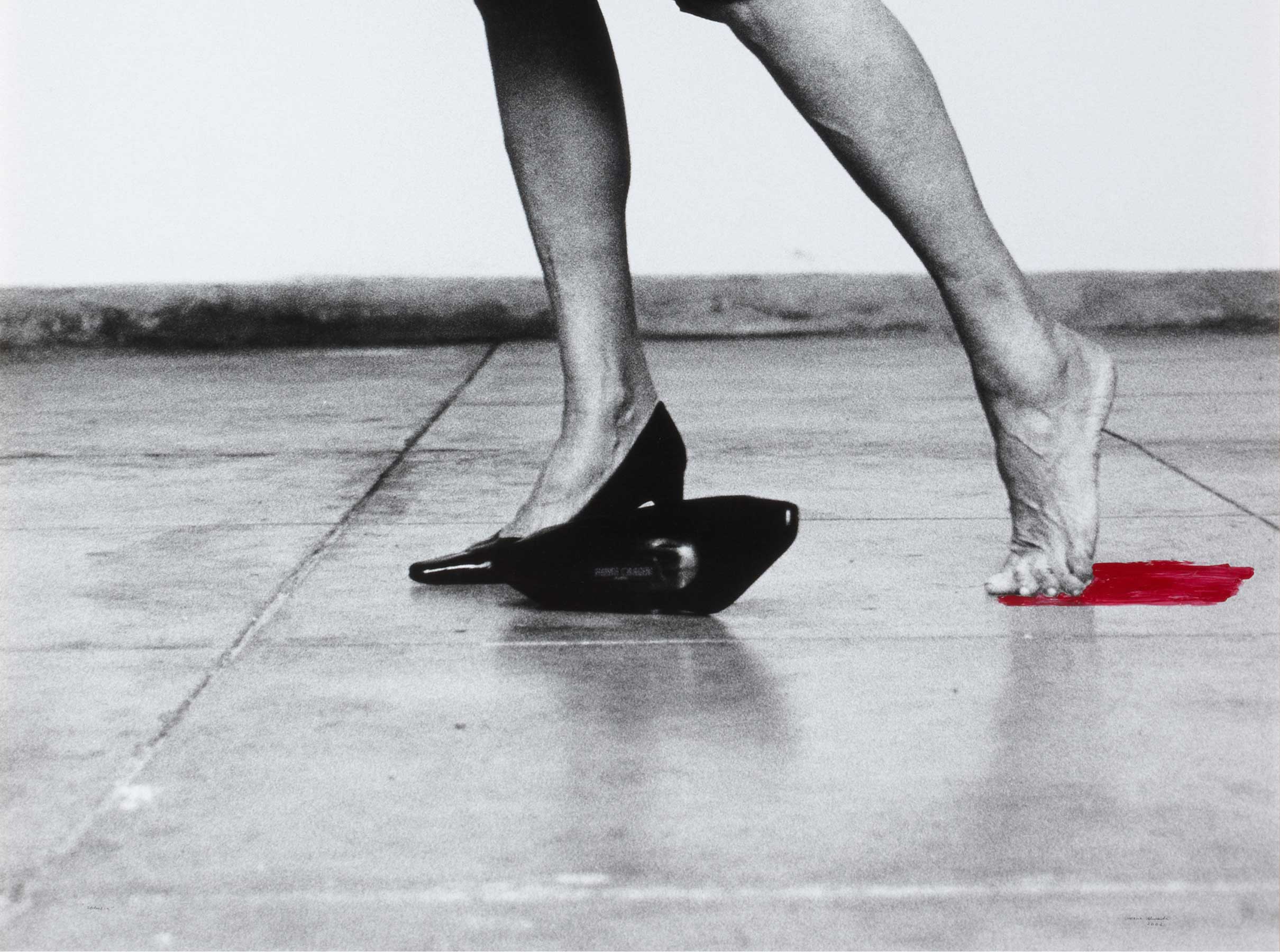Amanecer de la Odisea [Dawn of the Odyssey]
- 2012
- Newspaper cutting (photomechanical print) mounted between two glass plates
- 30,5 x 34,5 x 3 cm
- Cat. D_341
- Acquired in 2013
In his early works Ignacio Bautista, known as Mutiu, sifted through newspapers and took news items from them in which the words were associated with the images. He transforms and softens images and removes human figures to neutralise their meaning. This use of text or pictures from the media is a constant in his work. Dawn of the Odyssey (2012) is a case in point: it is part of his dossier of works for the ‘Generaciones’ programme.
He is one of the most evocative artists of his generation; a generation marked by an economic crisis that hit the art market and the world in general hard. The work of some creative artists has been lost from view as they have suddenly found themselves with fewer venues and opportunities to show it. However, Mutiu has managed to attract an enthusiastic following of people who understand that sometimes the focus is on the message or the creative process and not on objects per se. And that is precisely where his ability and talent shine through: he sends clear, direct messages with no rough edges, through objects whose beauty is plain to see; and he does so with great sensitivity. His work can be seen as a link between the world before and after Marcel Duchamp.
The stratus, cumulus and cirrus clouds that form part of this work seem to bring viewers closer to the immensity of the sacred, with all the theatricality and forcefulness of the great Renaissance masters. However, the fragility of the materials used hints ironically at the futility of existence. Nowadays what is considered important at one moment is discarded at the next and vanishes without trace when the next novelty appears: trends come and go like clouds. And that extends to the clouds in the Dawn of the Odyssey or the clouds at any dusk, if indeed there are such things as clouds at all.
Other works by Ignacio Bautista (Mutiu)

![Amanecer de la Odisea [Dawn of the Odyssey]](/f/webca/INF/assets/img/fff.png)